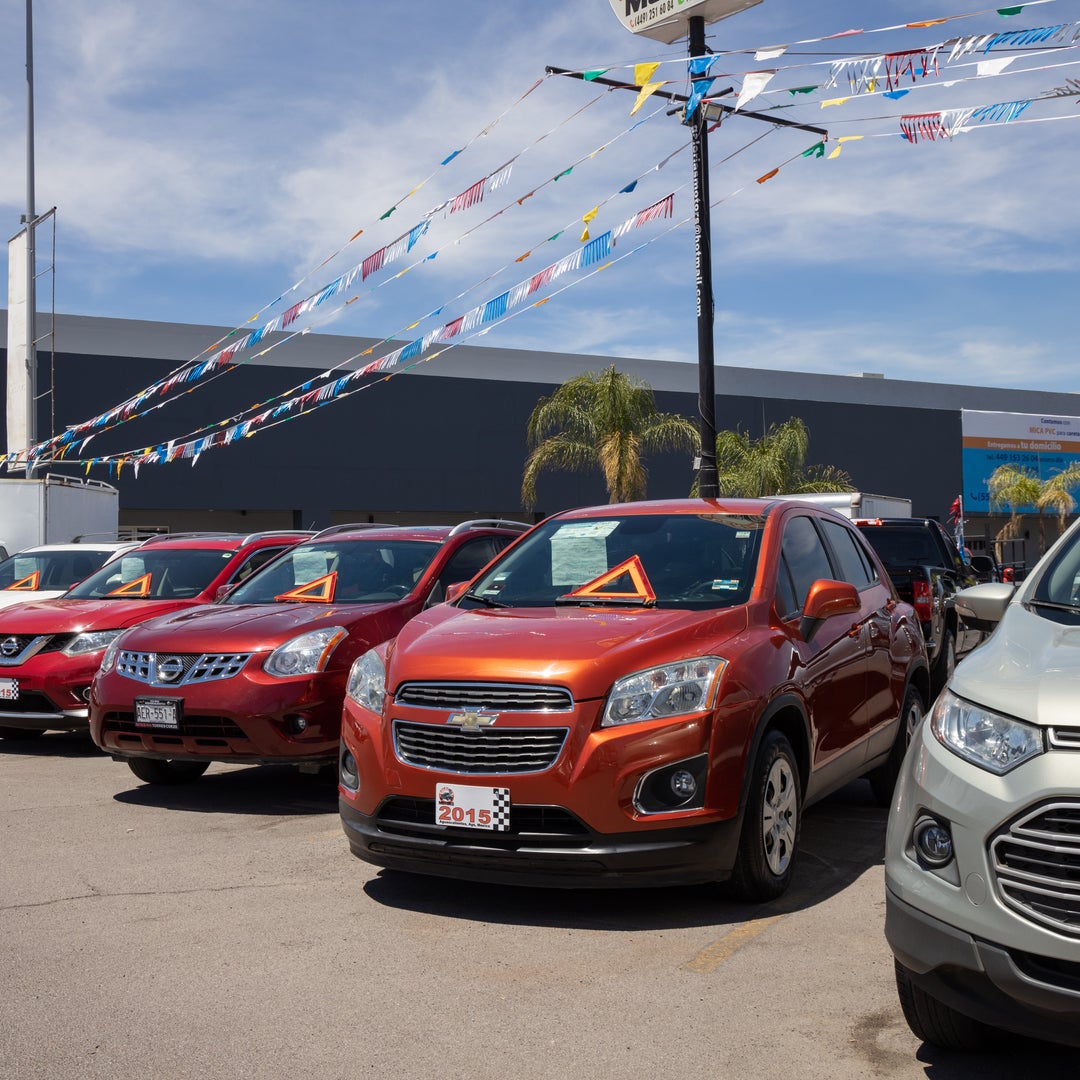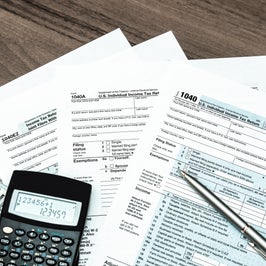Used Car Market Trends 2022

If you’ve looked at buying a new or used car recently, you probably came away from the dealer’s lot with some serious sticker shock. In March of 2022, the average price of used cars was up more than 35% from where it was 12 months prior, according to the Bureau of Labor Statistics.
It’s been this way for months: While the March 2022 inflation figure for used cars was slightly less than it had been in the previous three months, it was still the 12th straight month of double-digit inflation for used cars.
Much of that sustained increase in prices can be blamed on the global microchip shortage that continues to slow production of new vehicles, says Brian Moody, executive editor at Autotrader. “The lack of availability of new cars creates pressure on used cars, which then causes prices to go up” across the board, he says.
In addition, fewer transactions for new cars creates its own shortage of used cars, since those would-be buyers aren’t trading in or selling their old vehicles. Those supply problems for both new and used cars are going to be with us for a while, says Ivan Drury, senior manager at Edmunds.
“Even if [automakers] were to get all the chips they needed, we wouldn’t see this situation with supply and demand right-sided anytime soon,” Drury says. “There’s going to be a huge lag time between those new car sales with trade-ins translating into enough supply for the [entire] U.S market.”
Smaller, fuel efficient used cars get top dollar
High inflation isn’t just affecting cars: Everything is more expensive right now. The consumer price index measured overall inflation at a historic 8.5%, much of which was driven by increases in the cost of housing and fuel.
Russia’s invasion of Ukraine pushed the price of gasoline up almost 20% from February to March 2022 and up nearly 50% from 12 months prior, according to BLS. That shock to the budget has had a direct impact on demand for smaller, fuel efficient cars, according to a recent analysis by iSeeCars.
Of the 10 used car models that have seen the biggest price increases over the past year, 4 are hybrid or electric cars, and 8 classify as compact or subcompact cars.
Small, fuel-efficient used cars have seen prices increase significantly in the last 12 months
That’s not surprising, Moody says. For years, “the most economical cars to own over a long period of time according to Kelley Blue Book are subcompacts, compacts, and hybrids,” he says because they often have great financing terms and don’t depreciate as much as other cars do.
Those economic benefits are only compounded when gas prices spike, Moody says.
A car owner with a trade-in is ‘the luckiest person in the car-buying world right now’
Sustained demand and the overall lack of supply means that would-be car buyers are pretty much out of luck when it comes to getting new wheels, Drury says. His best advice for buyers? “Reset your expectations: The market has completely shifted in favor of the sellers.”
That means that, at minimum, you'll likely pay sticker price for a new car to get it off the lot, and the price of that used car you’re eyeing could now match what you would have paid for a new car just 18 months ago, Drury says.
“Don’t expect to waste a lot of time negotiating,” he adds. “When there are multiple people looking to buy that car from you as a singular seller, there’s really no incentive to negotiate.”
However, if you’re thinking about trading in your car, or turning in your lease early, now is the time to do it, Drury says. Even if your current car is a few years old and you’re still making payments on it, you could still make money from its sale.
“People don’t understand that. Just because you’re making payments doesn’t mean you can’t sell that car,” Drury says. In today’s market, trading in your car or even selling it to a third-party dealer, like Carmax or Carvana, could net you enough cash to pay off the rest of the car loan and maybe even have some left over, he says.
Even people with used cars in the 5-to-10 year range or with high mileage can sell them for top dollar right now if they’re in good condition. Even 10-year-old vehicles are selling for 35% more than they were last year, according to Edmunds data. The key for sellers is to shop their vehicles around to see who gives them the best price.
“If you do have a trade-in, you’re like the luckiest person in the car-buying world,” Drury says. However, the younger your car is, the more likely you are to recoup and perhaps even profit from the sale of your car.
“It doesn’t matter if your trade-in is three years old or if it’s one year old,” Drury says. “If it’s only one year old, you're probably going to get the same price you paid for that car from the get go. So you drove for free for a year.”
This material has been presented for informational and educational purposes only. The views expressed in the articles above are generalized and may not be appropriate for all investors. The information contained in this article should not be construed as, and may not be used in connection with, an offer to sell, or a solicitation of an offer to buy or hold, an interest in any security or investment product. There is no guarantee that past performance will recur or result in a positive outcome. Carefully consider your financial situation, including investment objective, time horizon, risk tolerance, and fees prior to making any investment decisions. No level of diversification or asset allocation can ensure profits or guarantee against losses. Article contributors are not affiliated with Acorns Advisers, LLC. and do not provide investment advice to Acorns’ clients. Acorns is not engaged in rendering tax, legal or accounting advice. Please consult a qualified professional for this type of service.








